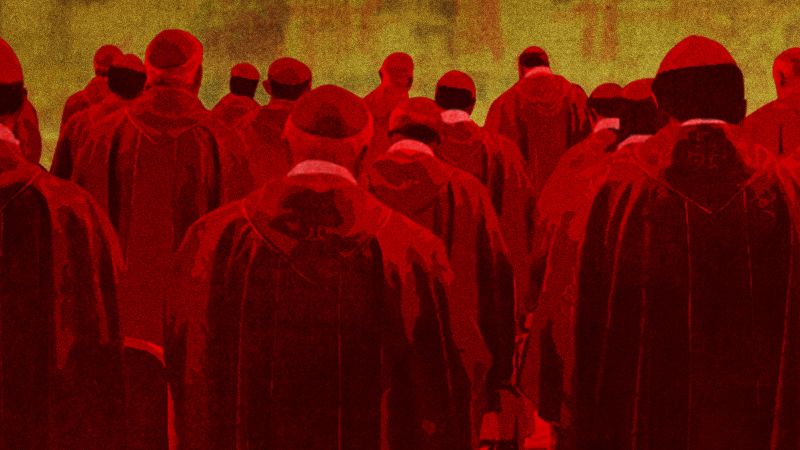Pope Francis Rest in Peace: Cardinals Gather to Elect Successor
As the Catholic Church mourns the loss of Pope Francis, the process of electing a new leader has begun. The cardinals will gather in Rome to discuss the future of the church and choose a new pope who will lead the global community. The world will know when a new pope is elected when white smoke emerges from the Sistine Chapel chimney, marking the beginning of a new era for the Catholic Church.

The College of Cardinals has begun the process of electing a new pope following the death of Pope Francis, who passed away at 88 years old due to a cerebral stroke and irreversible heart failure. The cardinals gathered for a moment of silent prayer and took an oath to observe the norms governing the interregnum and the election of the new Roman Pontiff.
The process of choosing a new pope is unpredictable, and the field of candidates is wide open. The cardinals will consider the priorities of the church, the profile of the next candidate, and whether they should continue or change Pope Francis' reforms. The next pope will need to lead a global church and offer credible moral leadership. Some speculate that the next pope could come from Asia, and age is also a factor, with the last two conclaves opting for older popes.
Pope Francis was known for his progressive views and advocacy for underrepresented groups, including LGBTQ+ individuals. He was the first pope to use the word "gay" when speaking about LGBTQ+ people and was a vocal advocate for their rights. His funeral date has been set for April 26, and a public viewing of Francis at St. Peter's Basilica could take place as early as Wednesday. In his will, Francis requested to be buried at the Basilica of St. Mary Major in Rome, not in St. Peter's Basilica, where most popes are buried.
The world will be watching as the cardinals gather to elect a new pope, and the process is expected to begin within 15 to 20 days after Francis's funeral. The new pope will be elected through a conclave, where cardinals will vote on candidates until a majority is reached. The Vatican's departments will step down and resign until a new pope is appointed, and cardinals will not be able to communicate with the outside world during the conclave.